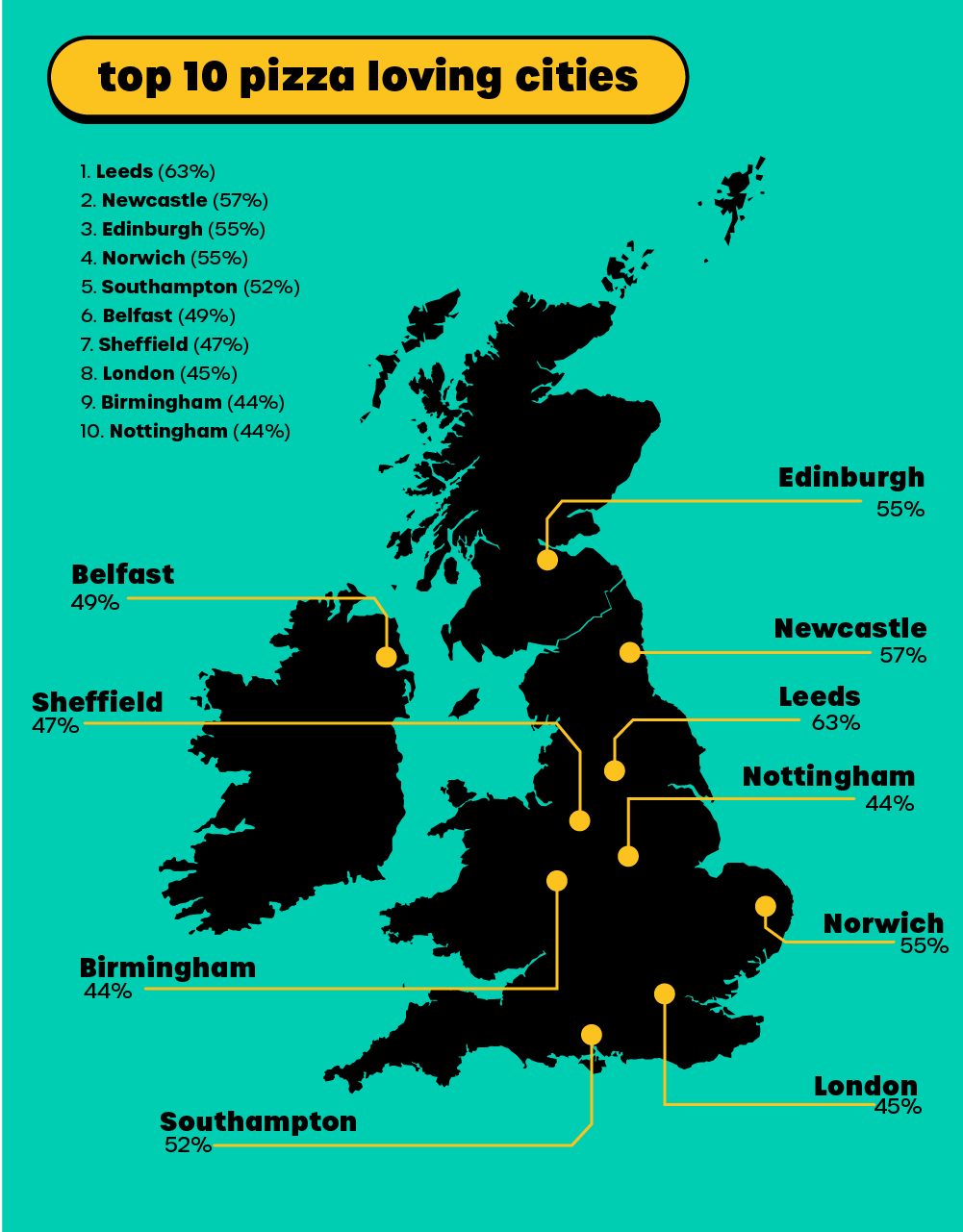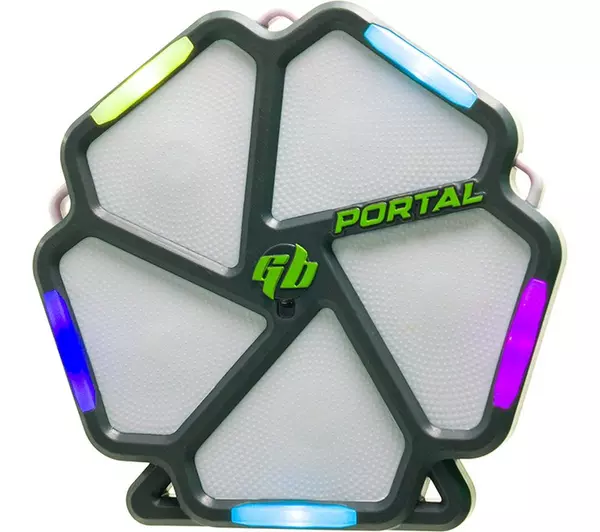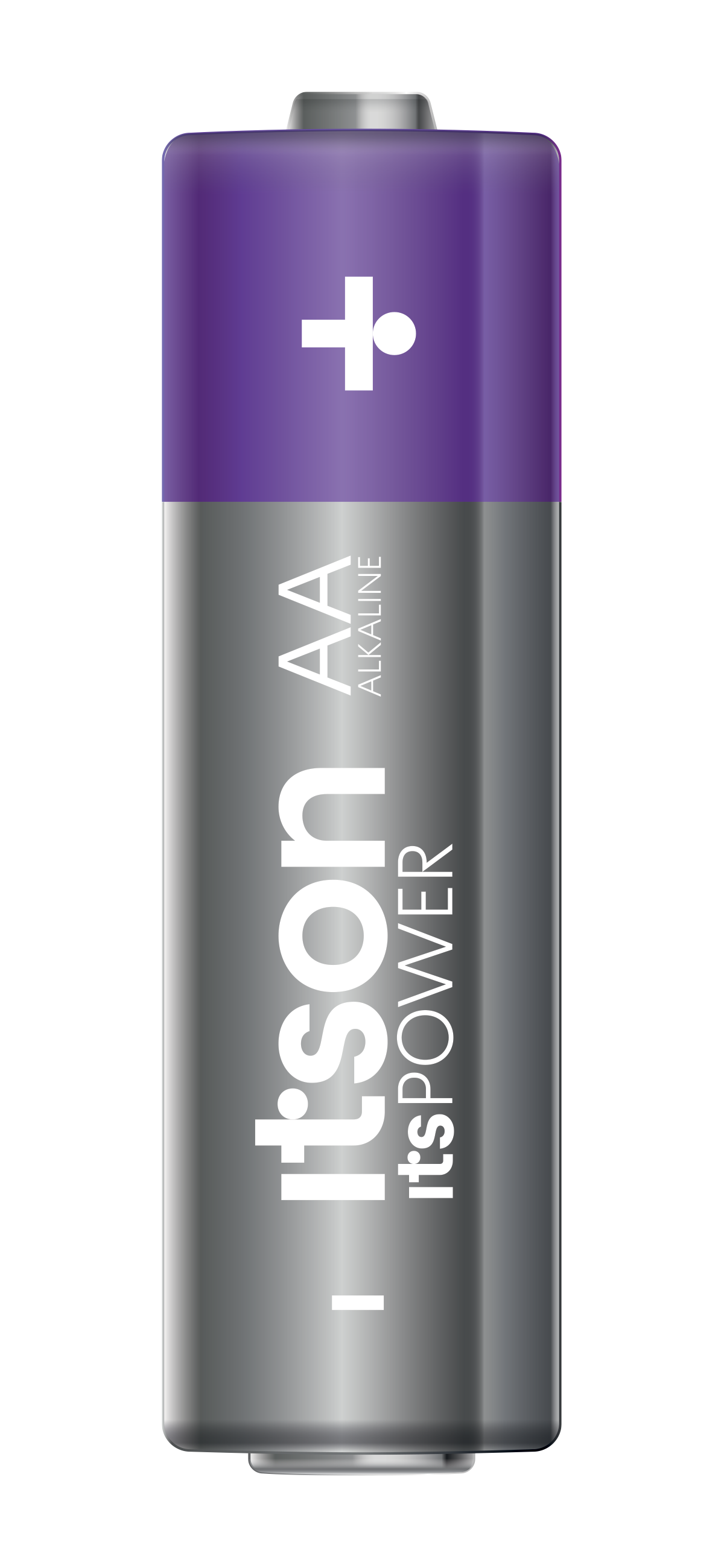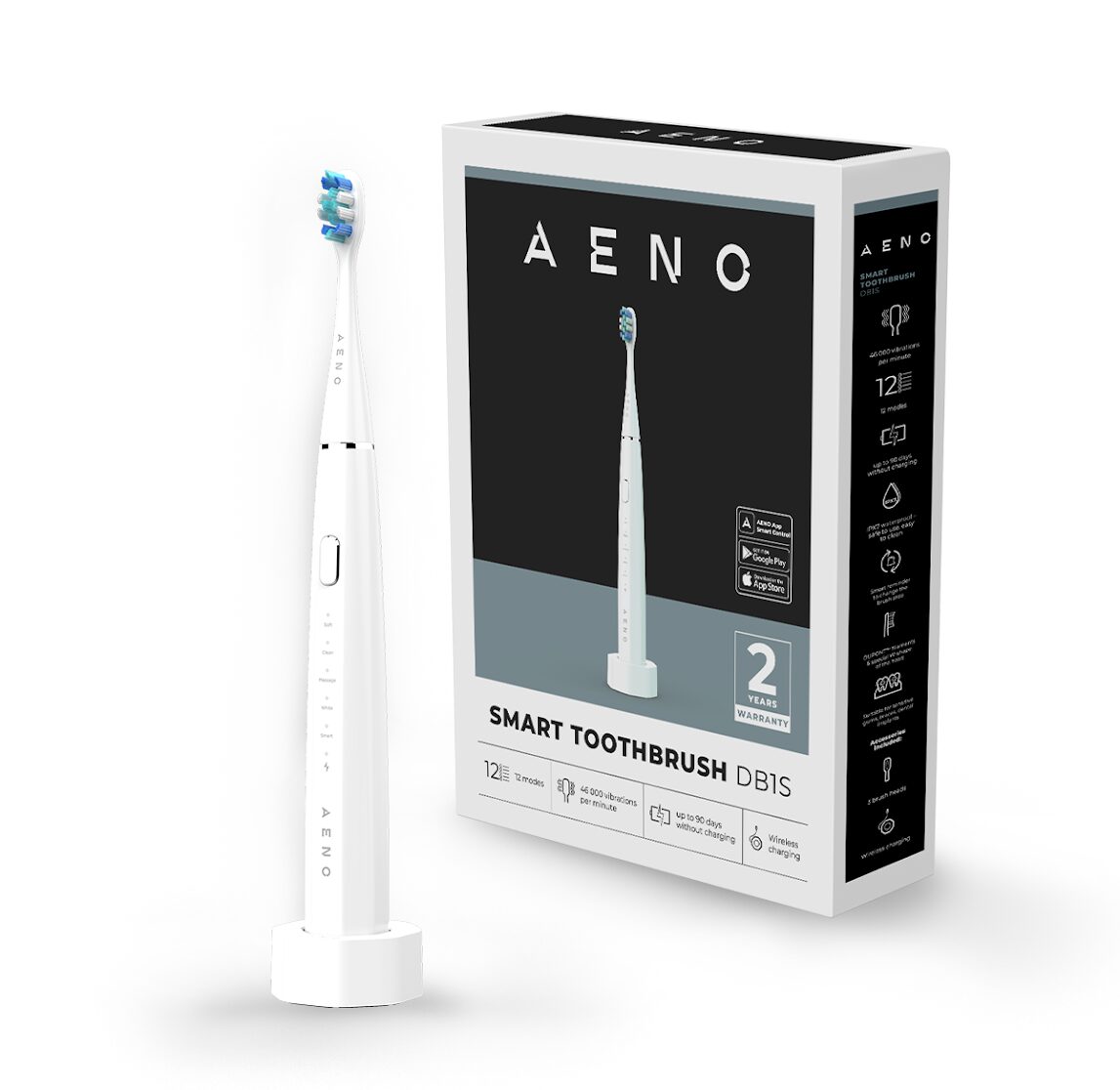When it comes to building a website, choosing the right platform is essential. Two of the most popular options are Wix and Squarespace. Both platforms offer a wide range of features and customization options, but they have some key differences. In this article, we’ll take a closer look at Wix vs Squarespace and help you decide which one is right for your needs.
Design and Customization
One of the most significant differences between Wix and Squarespace is their approach to design and customization. Wix is known for its drag-and-drop interface, which allows users to create websites quickly and easily. Wix also offers a wide range of templates and themes, which can be customized to suit your needs. However, some users find that the interface can be a little overwhelming, and customization options can be limited.
Squarespace, on the other hand, is known for its sleek and modern designs. Squarespace offers a range of professionally designed templates, which can be customized to fit your needs. Squarespace also has a range of customization options, including the ability to add custom CSS code. However, some users find that the interface can be a little more challenging to use than Wix.
E-commerce
If you’re looking to sell products or services online, e-commerce integration is essential. Wix and Squarespace both offer e-commerce functionality, but they have some key differences.
Wix offers a range of e-commerce tools, including the ability to create an online store, manage orders, and accept payments. Wix also offers a range of payment options, including PayPal and credit cards. However, some users find that the e-commerce functionality can be a little limited compared to other platforms.
Squarespace also offers e-commerce functionality, including the ability to create an online store, manage orders, and accept payments. Squarespace has a range of payment options, including PayPal, credit cards, and Apple Pay. Squarespace also offers some advanced e-commerce features, such as abandoned cart recovery and automatic tax calculations.
SEO
Search engine optimization (SEO) is essential if you want your website to rank well in search engines like Google. Wix and Squarespace both offer a range of SEO tools, but they have some key differences.
Wix offers a range of SEO tools, including the ability to edit meta tags and descriptions, add alt tags to images, and create a sitemap. Wix also offers some built-in SEO tools, such as automatic optimization of page titles and descriptions. However, some users find that Wix’s SEO tools can be a little limited compared to other platforms.
Squarespace also offers a range of SEO tools, including the ability to edit meta tags and descriptions, add alt tags to images, and create a sitemap. Squarespace also offers some advanced SEO features, such as AMP support and SSL certificates. However, some users find that Squarespace’s SEO tools can be a little more challenging to use than Wix.
Pricing
Both Wix and Squarespace offer a range of pricing plans, but the costs can add up quickly if you’re looking for advanced features. Wix’s pricing plans range from $14 to $49 per month, with the most expensive plan offering additional e-commerce functionality. Squarespace’s pricing plans range from $12 to $40 per month, with the most expensive plan offering advanced e-commerce features and integration with third-party shipping providers.
Which Website Builder is Right for You?
Choosing the right website builder depends on your specific needs and goals. If you’re looking for an easy-to-use platform with a drag-and-drop interface and a variety of customization options, Wix may be the best choice for you. On the other hand, if you prioritize sleek, minimalist designs and a focus on aesthetics, Squarespace could be the way to go. Both platforms offer robust e-commerce integration and SEO optimization tools, so it’s important to weigh the pros and cons of each before deciding. With the right website builder, you can create a stunning online store that highlights your products and attracts customers from all over the world.





















